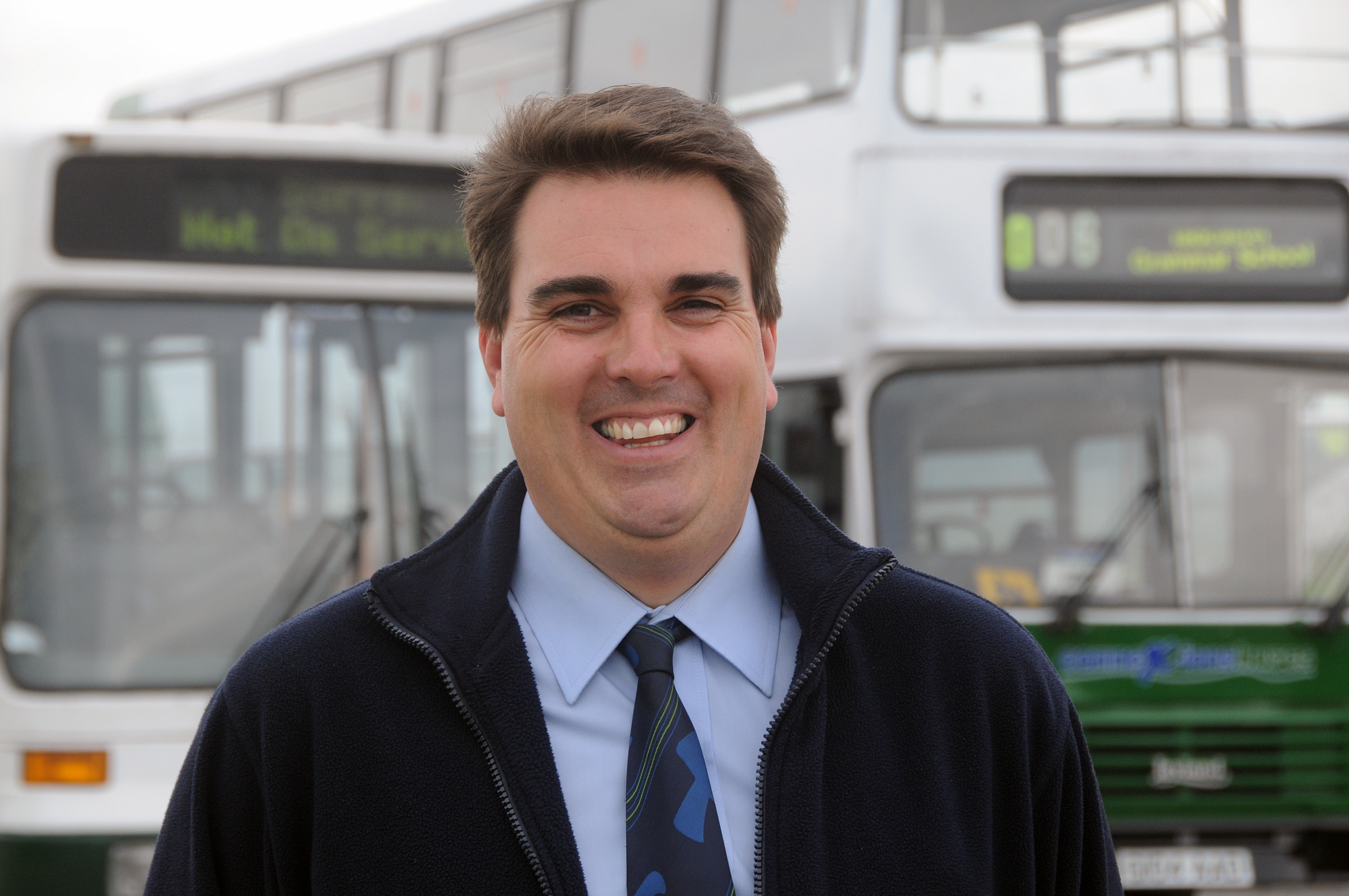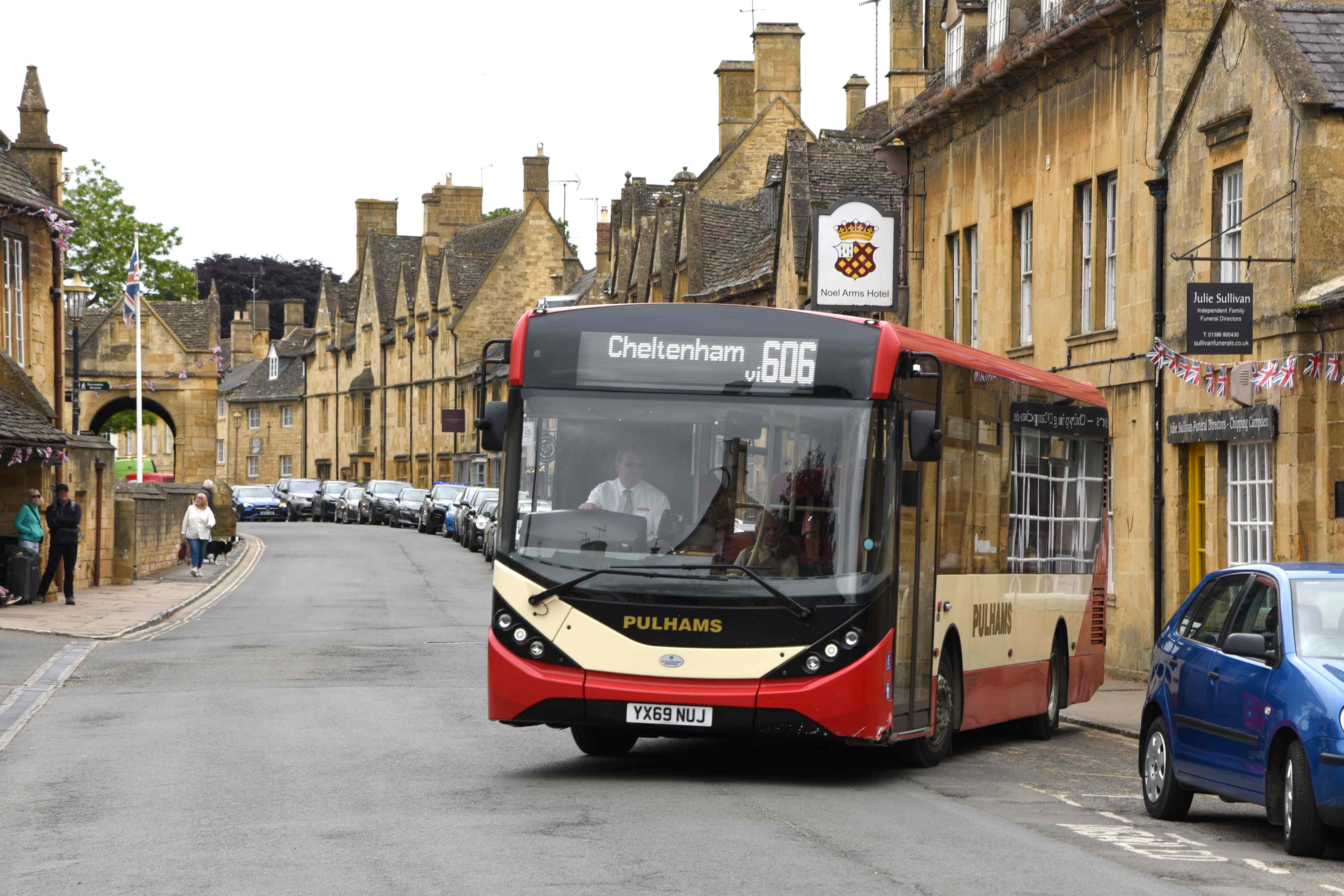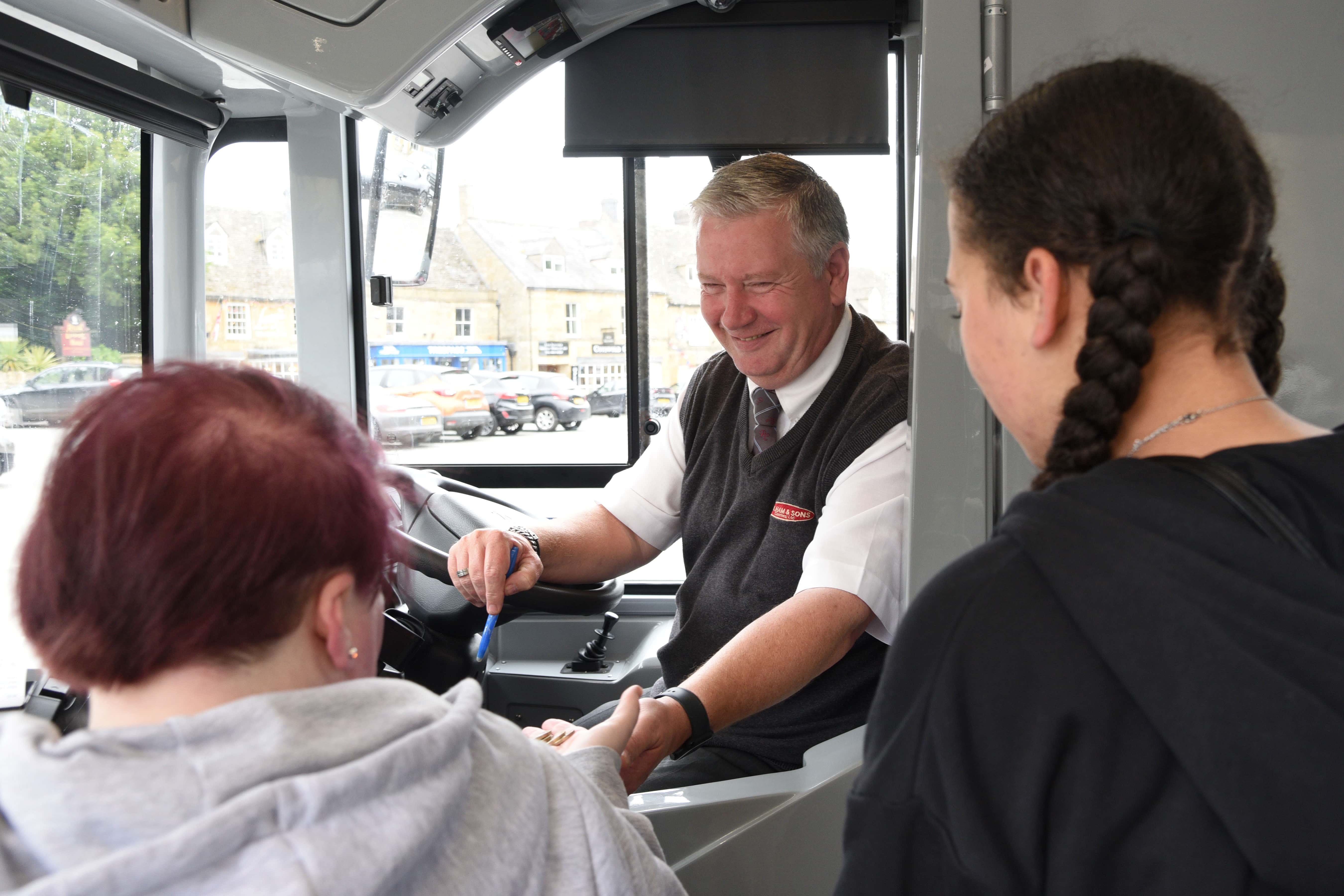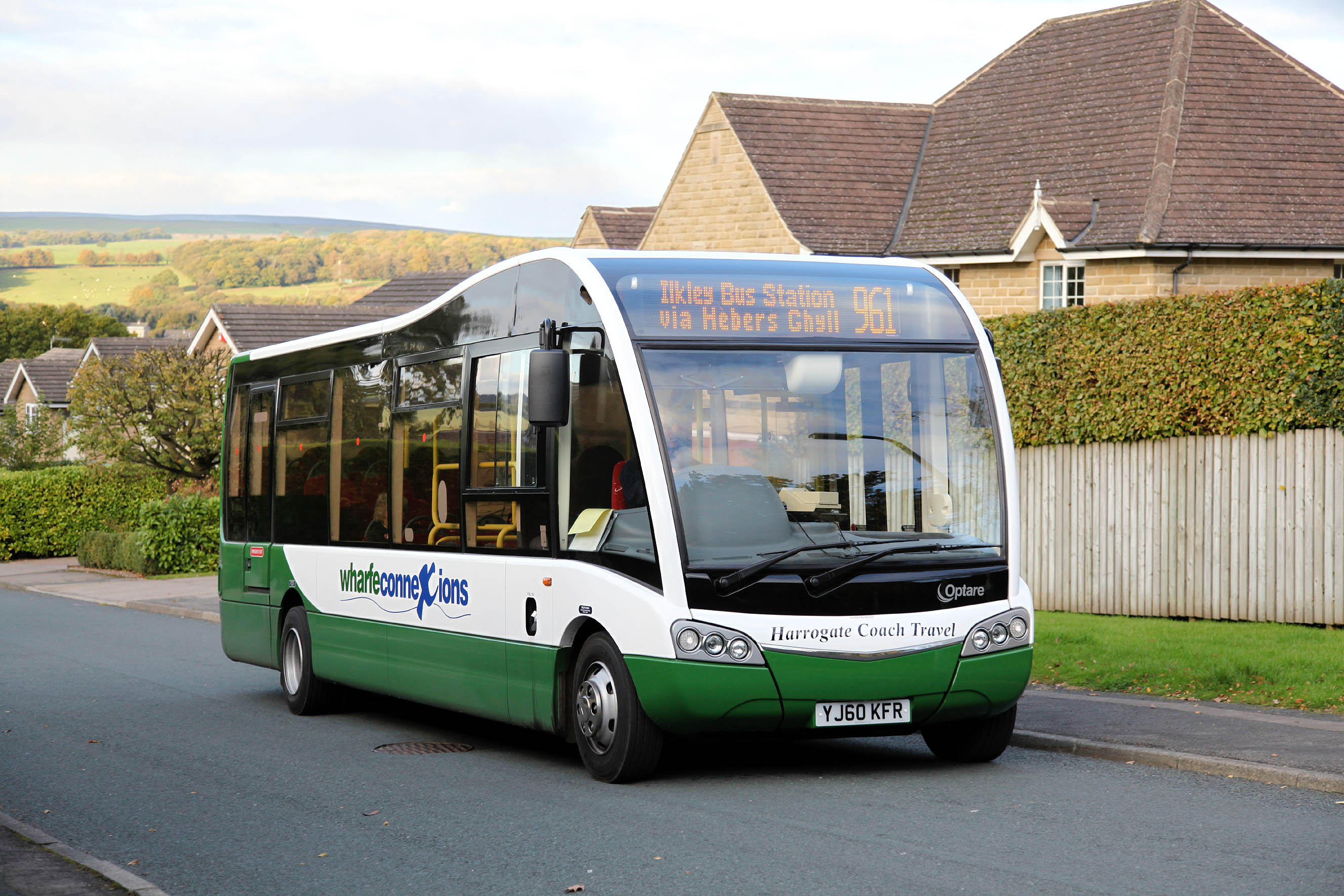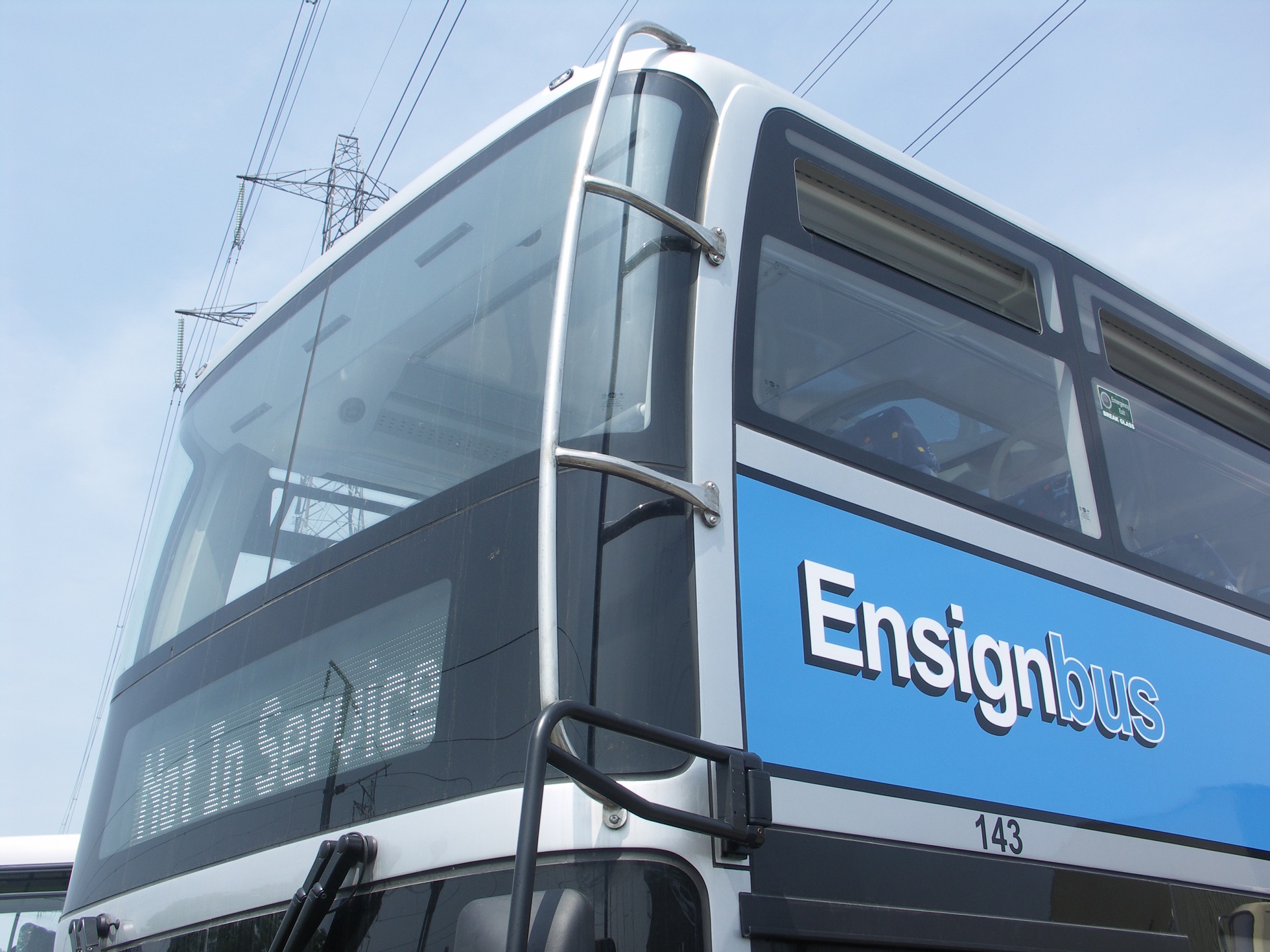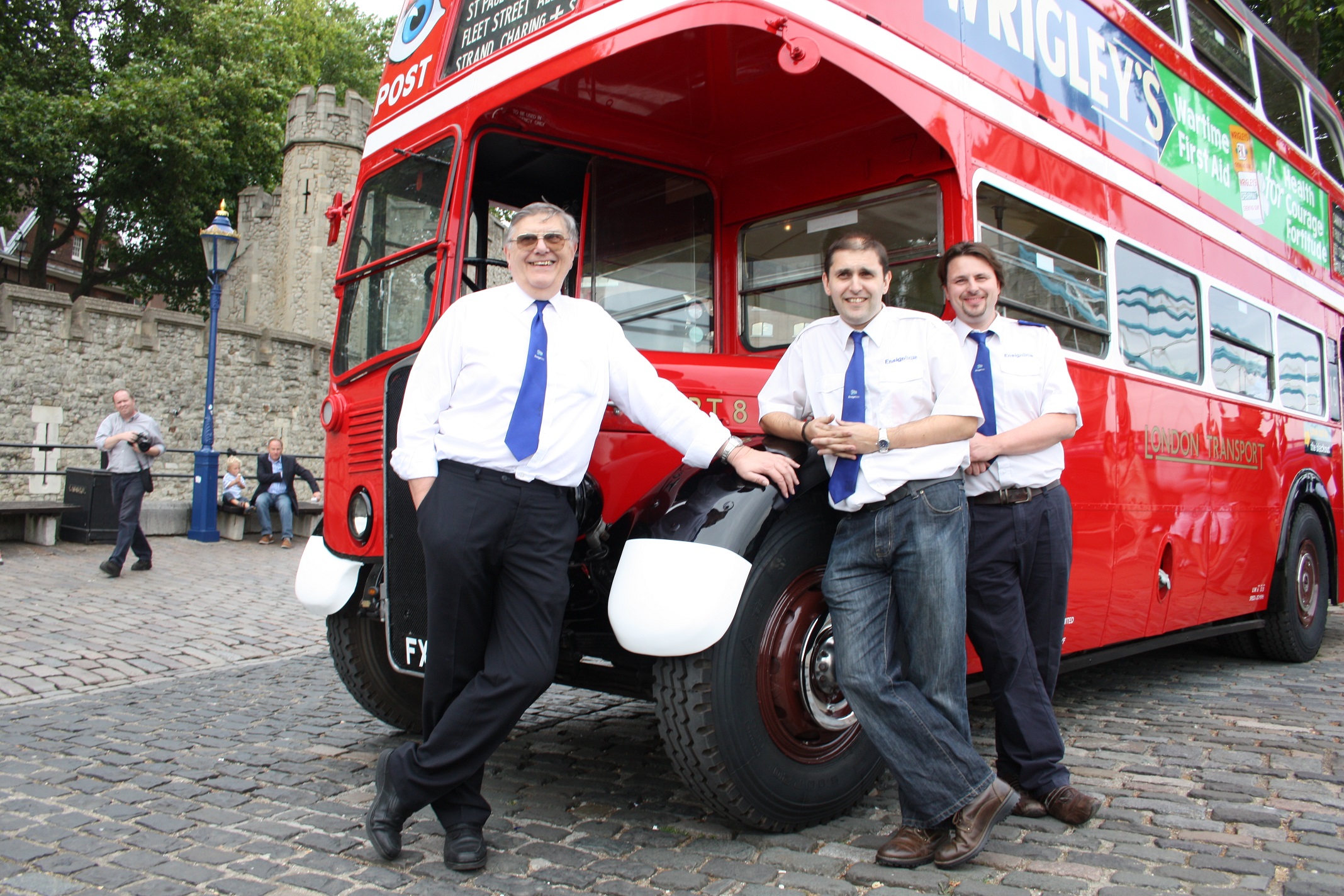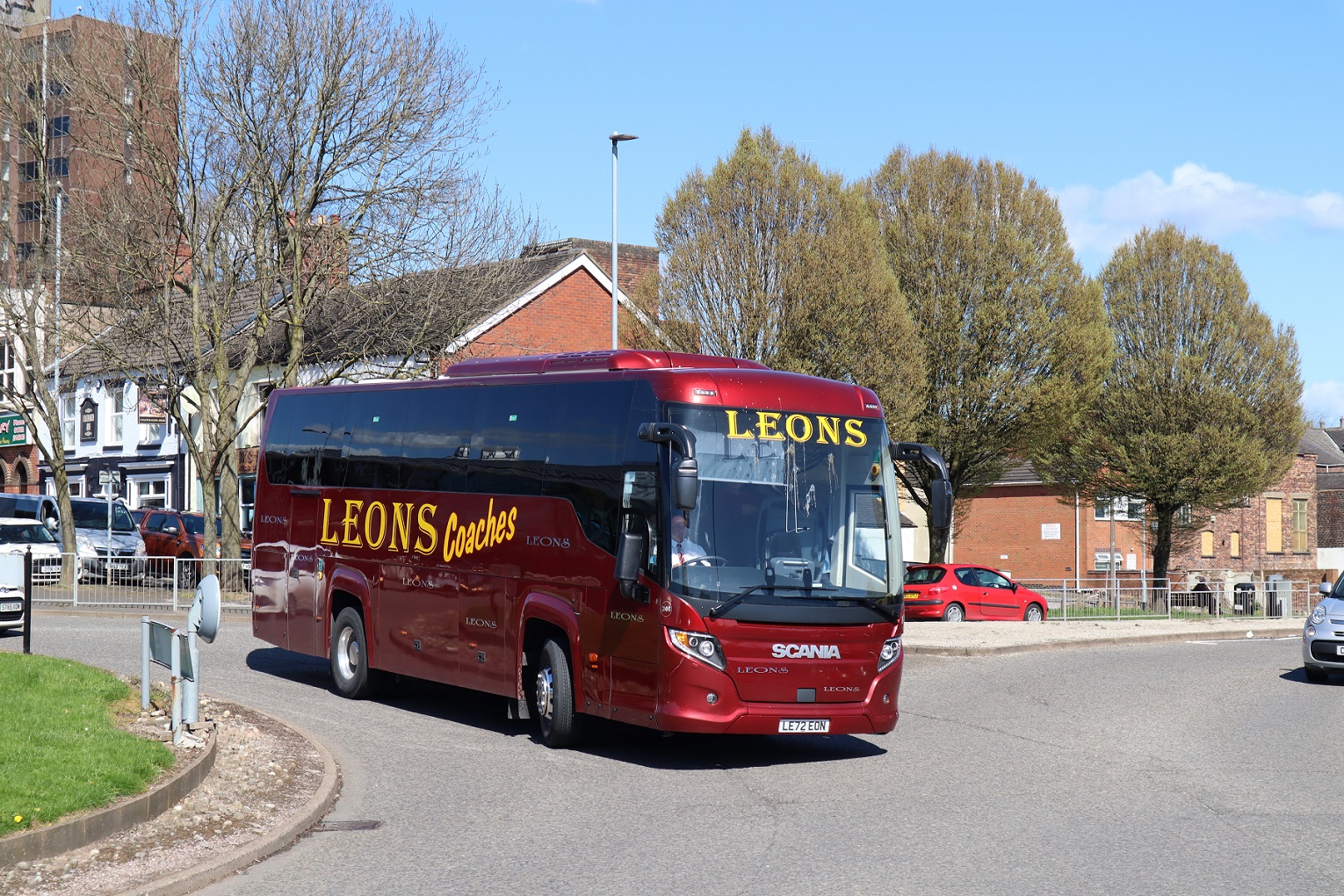As decarbonisation, franchising and a shifting political landscape challenge businesses, current and former independents voice their opinions
With the bus sector likely to come back under public control in some areas and the end date for sales of new non-zero-emission bus models to be announced within the next few months, the wheels of the UK’s public transport sector are rapidly turning towards a future laden with progressive challenges.
In the midst of the changes stand independent coach and bus businesses. For these operators, concerns dominate the conversation. With the escalating demands of decarbonisation, an evolving franchising model and the rising influence of large groups, many have painted a picture filled with uncertainty.
routeone speaks with current and former owners of these independent businesses, providing a first-hand account of the challenges that lie ahead. Their experiences reveal a sector grappling with systemic shifts and an industry at a pivotal moment of transformation.
Mergers – a route to continuity?
In early June the Go-Ahead Group announced it had bought family-run business Pulham’s Coaches. It joins two other independents recently sold to Go-Ahead – Southdown, acquired in February, and Dartline, purchased at the end of 2022. Pulham’s will continue to operate as a standalone business as part of Go-Ahead’s Oxford position, as it has previously done with the acquisitions of Thames Travel and Carousel.
For owner Kathryn Pulham, the decision to sell was about “business continuity” and to ensure the Pulham’s brand would continue. The family’s long-term plan included that ownership might not always be under its own direction, but that its staff would at least be given assurances that they be looked after under a good company. “That company is Go-Ahead,” she says.
While Kathryn asserts there have been no doubts about their ability to lead the 143-year-old business, she and husband Andrew have acknowledged that they “aren’t getting any younger,” and that selling now made sense as the brand was strong. “There will come a time in the future when we will be looking to retire and it’s important for us now that we secure the brand because we have such rich history.”
In the meantime, the pair will continue in situ to maximise the benefit of working relationships with clients and for their 126 staff members. “It is up to Go-Ahead what our role will be in the future,” she adds. “At the moment, it’s very much about keeping the company running in exactly the same way and continuing to be successful and profitable.”
Christian Schreyer, Group Chief Executive at the Go-Ahead Group, made clear the company’s commitment to expand Britain’s bus industry as the country “moves towards a net-zero future”. Andrew also welcomed that commitment, and while there has been no firm decision about what decarbonisation will look like among smaller regional businesses like Pulham’s as part of Go-Ahead’s wider ambition, Kathryn says decarbonisation under private ownership would “be a struggle” at this stage.
“I know that the Group is wanting to invest in the fleet. I don’t know what that looks like at the moment but it does see coach as a very important acquisition. The company is looking to grow that and look for opportunities in the area and diversify the business. We’re here to support that process.”
Tight timescales
Under-Secretary of State for Transport Richard Holden noted on 29 June that finalising the end of sale date for new non-zero-emission buses is a priority for Secretary of State for Transport Mark Harper, and with a date between 2025 and 2032 expected, the time will soon come for independents to prepare for that day.
Kathryn is among several operators of bus services to express doubts about the ability of independents to meet the expectations of decarbonisation in that time. For some, it is difficult to identify a clear solution. Craig Temple, Managing Director of Tockwith operator Connexions Buses, voiced his own concerns with the end sale date of diesel, particularly in rural locations, warning that consolidation is likely to be a consequence for many independents.
Part of the issue for Connexions Buses has been the difficulty of securing funding in the latest round of the Zero Emission Bus Regional Areas scheme. Craig reveals North Yorkshire Council had not approached the operator as it did not believe it was feasible.
“The deadline was so short that it precluded many operators that haven’t already been part of the scheme,” he says. “The operators that were successful already had necessary contacts to get the right infrastructure in place. If we, starting from scratch, have to try and build up a relationship with infrastructure people, and are only given a two-week window to put the bid in, we don’t stand a chance.”
Beyond that, Craig feels strongly about the unpreparedness of rural areas when it comes to grid supply. “If we had an electric vehicle charging system, the whole village would likely face blackouts. A lot of independents are based in rural areas where electricity supply is not good. That brings talk of putting new substations in, and for us that’s currently beyond the realms of feasibility.”
Connexions Buses’ depot sits eight years into a 10-year lease, another deterrent to investment for electric vehicles. “No-one in their right mind will spend money putting electric vehicle charging infrastructure onto a site which the landlord could at short notice decide to sell for housing, as is common here. There are a lot of reasons why it is not just impractical, but not a sensible thing to do.”
With many Connexions Buses routes covering distances over 200 miles per day, further doubts are raised about the feasibility of battery-electric operation. Craig’s lukewarm reaction to the BSOG Plus scheme and the final tranche of Bus Recovery Grant funding leads him finally to believe many independent operators would not hesitate to walk away given the chance.
“I have a passion for the industry. It’s what I always wanted to do. But given the opportunity I’d walk away tomorrow,” he says. “I do not want my children to think that this is the future they are facing if they take over the business. Government policy seems to be anti-small bus companies. It doesn’t give us the help that we need. The technology and the availability of electricity isn’t matching the level of ambition some people have.”
But Craig acknowledges that the larger groups are not themselves the panacea to the difficulties rural areas face, and that independents that find their niche will be ones that survive, and even thrive. Government assistance must be forthcoming to help them.
For many years there has been retrenchment by larger operators in rural areas, and independents have filled the void. In 2018 Stagecoach closed its leased King’s Lynn depot, cutting most of its Norfolk network, including the town’s services, allowing independent operator Lynx to establish a stronger presence. Two years ago, Chalkwell Coach Hire took the decision to expand onto the Isle of Sheppey, taking over a number of Arriva’s old routes after the latter withdrew from the island. There are many other examples.
“The advantage of the smaller operator is that we can react quicker, particularly with service registration,” Craig explains. “We’re more seated on the ground. We go out driving – we see first hand what passengers and residents are saying. That’s where we are better than a big group. Years ago, you’d have given something a go if you had a gut feeling it would work.”
More cause to give independents a fighting chance is that Craig is confident that a solution better than battery propulsion will have presented itself by the time the last diesel vehicles are retired from service, whenever that date might be. “The frustrating thing from my point of view is that we can’t carry on running internal combustion engine vehicles with a fossil fuel replacement, instead of a total shift of propulsion method,” he adds.
Always present, but different?
One surprising acquisition of an independent operator this year was the agreement by FirstGroup to purchase Purfleet-based Ensignbus.
The deal completed on 9 March and brought to an end 50 years of ownership by the Newman family. Peter Newman reveals the threat of franchising of the operator’s bus services was a major factor when it came to accepting the deal proposed by First. Ensign didn’t want to tender for the routes which the family had “worked so hard to build”.
“We went because we were approached,” he says. “And that made us look at it and decide what we wanted to do. What we didn’t want to do is easier to say. We didn’t want to tender for our own services. We spent a lot of time, effort and money building them up. London Transport left the Grays Thurrock area upon the formation of London Country Bus Services in the early 70s. When we took over in 2005, services were minimal, and a lot were tendered. By the time we had finished, almost nothing was tendered. We saved the local authority a lot of money. We’ve been there, and done that. We know how it works. We could see that franchising was going to come, and that the big boys will probably always win. They can work for less than we want to work for; they can buy things cheaper than we can. We would never win on that. That is being proven in Manchester.”
Peter agrees with thoughts articulated by Craig at Connexions Buses that politicians increasingly seem to favour larger operators. “Few in government understand the difference between the big companies and independents,” he argues. “They don’t realise that independents fill the hole the big boys leave. First has inherited a very good network from us and I hope it continues.”
Like Craig, he adds that the loss will highlight how independents are in better touch with the community. “We knew what factory was going to open and close, what shops were going to have new times, what was coming and what was changing. We knew how to vary routes, what to increase. Will the people running council services have that knowledge? You have to be proactive, not reactive.”
Peter acknowledges that there will be isolated areas without franchising. But independents in larger conurbations “will have a problem” as larger operators secure more contracts, including school services. As for the shift to electric vehicles, Peter points out that the majority of purchases so far have been politically motivated. “Very few have been bought in cold blood. What should have happened – we should have had evolution rather than revolution. We should be playing with hydrogen, or with different fuels, not putting all the eggs in one basket.”
That rapid acceleration towards different propulsion systems may have unintended consequences down the line, and Peter takes the view that there may be second thoughts from government when the end sale date for new diesel buses comes nearer. “If it finds in the next year or two that we have very serious problems with electricity, if the supply cannot keep up with the demand, there are going to be some serious conversations to be had somewhere,” he says.
Peter describes his attitude as realistic in some respects, pragmatic in others. This leads to a view that there will be room for independents “later, rather than earlier.” Public bodies such as Transport for Greater Manchester, he warns, may well seek out alternatives when “belts have to be tightened”. That may lead to a new breed of independent.
“The independent operator will always be there,” he adds. “It may be in a different format, or maybe doing different things. But what I feel we will see is the coach operators [in the conurbation areas] will change, especially as the big boys run the school services. London has been a good example of this.”





















